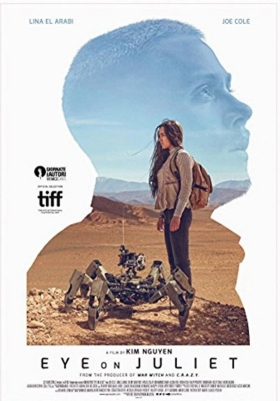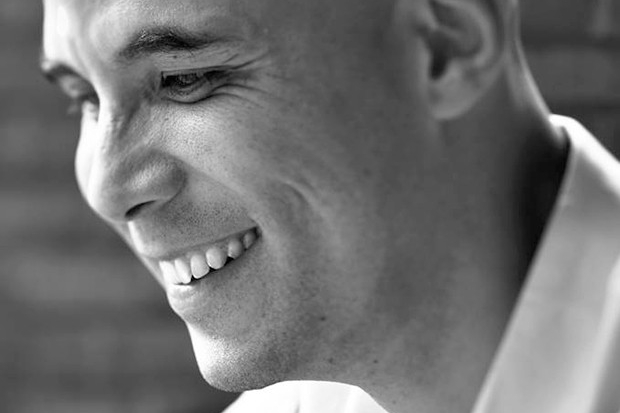His latest film Eye On Juliet — about a drone operator who falls in love with a young Middle Eastern woman during a remote mission — recently opened in theatres.
Nguyen recently answered questions about his rising film career and time at Concordia when he studied at the Mel Hoppenheim School of Cinema.
You wrote and directed Eye on Juliet. What message do you want to communicate with your new film?
Kim Nguyen: “The script went through a lot of iterations. At a certain point, you get a good feeling about a movie but you can’t explain it empirically.
In the end, I wanted to address solitudes around the world, which are growing for a lot of different reasons. As a global society we must try to find each other, get back in touch and communicate with one another.”
Your next film, The Hummingbird Project, stars Jesse Eisenberg, Alexander Skarsgård and Salma Hayek and is scheduled to be released in 2019. What’s it about?
KN: “It’s a story about two cousins, second-generation Russian Jewish immigrants who live in New York. They decide to build this 1,000-mile-long fibre optic line between Kansas and New York to try to beat the stock market and make millions.”
Rebelle was nominated for the 2012 Best Foreign Language Oscar. What was that experience like?
KN: “It was surreal. It’s like having a door open before you and have access to a different scope of projects and casts which you never thought you’d have access to.
It’s a cliché but it’s true: being nominated for an Oscar really opened up a lot of doors, such as my joining one of the larger agencies, CAA. I’ve learned it’s a strange world, but here you have access to all sorts of things.”


 Kim Nguyen’s latest feature film is Eye On Juliet.
Kim Nguyen’s latest feature film is Eye On Juliet.
 Film director Kim Nguyen says being nominated for an Oscar opened doors in Hollywood.
Film director Kim Nguyen says being nominated for an Oscar opened doors in Hollywood.